How to Stop Hiccups: Causes, Effective Remedies, and When to Seek Medical Help
Hiccups can strike at the most inconvenient times, leaving you wondering how to make them go away. While they’re usually harmless and short-lived, persistent hiccups can disrupt daily life and even indicate underlying medical problems. Let’s explore what hiccups are, what causes them, effective remedies to stop them quickly, and when it’s time to consult a doctor.
Understanding Hiccups
Hiccups are more than an amusing interruption. They have a physiological cause that often takes us by surprise.
What Are Hiccups?
Hiccups are involuntary spasms of the diaphragm, a dome-shaped muscle between your chest and abdomen. These quick, repeated contractions cause the sudden closure of your vocal cords, creating the distinctive "hic" sound. While occasional hiccups are normal, long-lasting ones may need attention.
Physiology of Hiccups
Hiccups happen when the diaphragm contracts without warning. This contraction forces air from the lungs upward, causing the vocal cords to snap shut. The result? That funny, often embarrassing sound we know too well. Most hiccups resolve without any treatment, but persistent cases can be tied to issues involving the nervous or digestive systems.
Causes of Hiccups
It’s important to understand what might trigger hiccups to manage them effectively.
Common Triggers
Everyday habits Android behaviors are the most frequent culprits behind hiccups. Here are some activities that might spark those pesky diaphragm spasms:
- Eating too quickly: When you eat fast, you may swallow excess air, irritating the diaphragm.
- Carbonated drinks: Fizz from sodas can cause hiccups by overstimulating your stomach.
- Spicy foods: Ingredients like chili trigger irritation in the esophagus and diaphragm.
- Laughing or talking while eating: Swallowing air alongside food can lead to hiccups.
Medical Conditions
For hiccups that don’t go away or persist for days, medical conditions could be the reason. These include:
- Gastroesophageal reflux disease (GERD): Acid reflux irritates the diaphragm.
- Nervous system disorders: Stroke, brain trauma, or Parkinson’s disease might interfere with nerve pathways linked to hiccups.
- Infections or tumors: Affecting the diaphragm or surrounding nerves.
If hiccups last more than 48 hours or recur for weeks, seeking help is essential.
Effective Remedies to Stop Hiccups
Most hiccups can be handled at home with simple, natural remedies. Here’s how.
Breathing Techniques
Sometimes, relaxing your diaphragm can do the trick. Try these:
- Hold your breath: Take a deep breath, hold it for 10 seconds, and exhale slowly. This increases carbon dioxide in your body, which may stop spasms.
- Breathe into a paper bag: Gently inhale and exhale into a bag to raise carbon dioxide levels. Don’t use this method if you feel dizzy.
Home Remedies
You likely already have what you need to stop hiccups. These techniques might help:
- Sip cold water: Swallowing repeatedly interrupts the hiccup reflex.
- Bite a lemon wedge: The sourness stimulates nerves, distracting your diaphragm.
- Sugar trick: Place a teaspoon of sugar under your tongue and let it dissolve. It stimulates the vagus nerve and calms diaphragm spasms.
When to Use More Than Home Remedies
If these remedies don’t bring quick relief and your hiccups last hours or even days, it may be time to try alternative methods or consult a doctor. Persistent hiccups aren’t just an annoyance—they could point to a larger issue.
When to Seek Medical Help for Hiccups
Though rare, stubborn hiccups lasting beyond two days could indicate a deeper concern.
Persistent Hiccups
Hiccups that last over 48 hours are classified as persistent. They might result from problems with your digestive system, nervous system, or certain medications. Contact a healthcare provider for diagnosis and treatment options if hiccups don’t resolve.
Associated Symptoms
If hiccups are paired with symptoms like severe stomach pain, difficulty breathing, or changes in speech, don’t wait to see a doctor. These could signal conditions like acid reflux, infections, or even a stroke. Treating the root cause is often necessary to stop persistent hiccups.
Conclusion
Knowing how to stop hiccups can bring quick relief during annoying bouts and help you recognize when they might be signaling something more serious. Simple remedies like holding your breath, sipping water, and biting a lemon work for most people. But if hiccups linger or bring additional symptoms, don’t hesitate to seek medical advice. Keeping your body and mind in tune can help you catch potential issues before they grow.
Remember, understanding the causes and remedies for hiccups can save you from frustration—and in rare cases, provide vital clues about your overall health.


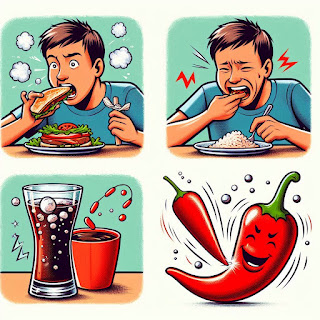









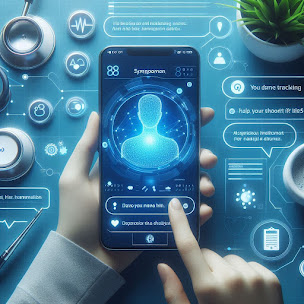











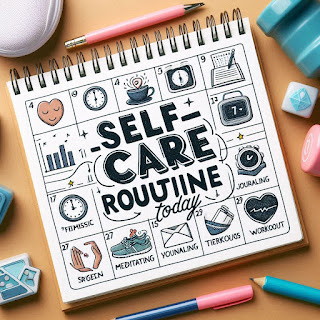
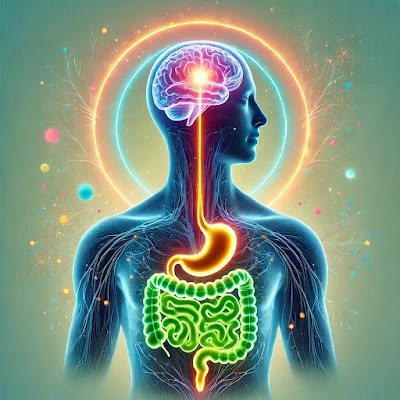






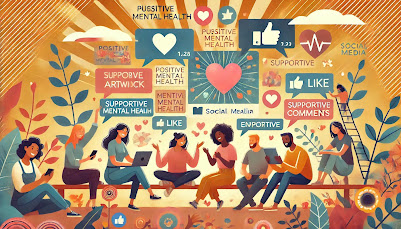











.jpeg)


.jpeg)